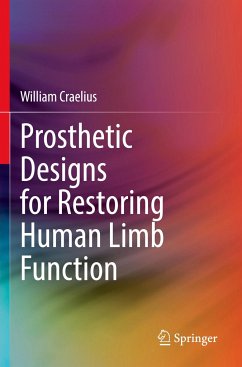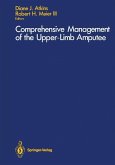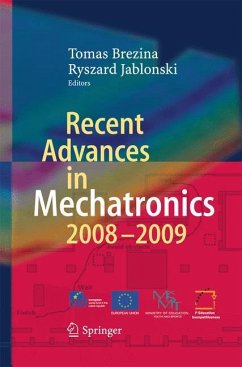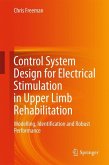This textbook provides a thorough introduction and overview of the design and engineering of state-of-the-art prosthetics and assistive technologies. Innovations in prosthetics are increasingly made by cross-disciplinary thinking, and the author introduces the application of biomedical, mechanical, electrical, computer, and materials engineering principles to the design of artificial limbs. Coverage includes the fundamentals of biomechanics, biomechanical modeling and measurements, the basics of anatomy and physiology of limb defects, and the historical development of prosthetic design. This book stimulates the innovative thinking necessary for advancing limb restoration, and will be essential reading for students, as well as researchers, professional engineers, and prosthetists involved in the design and manufacture of artificial limbs.
Learning enhanced by the exercises, including physical modeling with MATLAB and Simulink;Includes appendices with relevant equations and parameters for reference;Introduction to the design and engineering of prosthetics and assistive technologies.
Learning enhanced by the exercises, including physical modeling with MATLAB and Simulink;Includes appendices with relevant equations and parameters for reference;Introduction to the design and engineering of prosthetics and assistive technologies.








